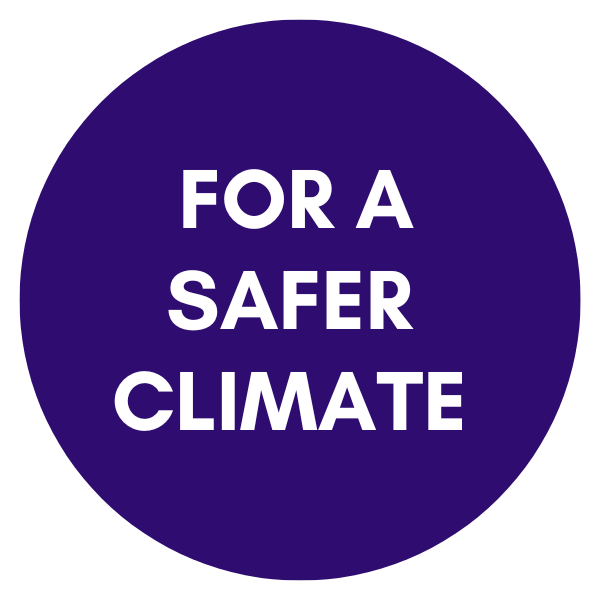
This working group looks into war-related climate and environmental questions. Armed conflicts and action that aims to preparing for war are influencing civilian population and societies all around the world. They also significantly affect climate, the environment, ecosystems and non-human species (for clarity, we refer to all of these with the term ‘environment’).
The working group focuses specifically on the following questions:
1. Environment as a method of warfare
Water bodies, landform and the weather have an effect on what kind of warfare is possible. In conflicts, they can also be used as instruments of destruction by, for example, destroying forests or by causing floods. We are interested in how methods of warfare need to be limited and how international humanitarian law needs to be extended to cover the environment.
2. Indirect destruction caused by conflicts
Destruction caused by armed conflicts includes exploding, burning and poisoning trees and agricultural land; killing of non-human beings from insects to mammals; destroying built environment, and poisoning water sources. Conflicts also cause a significant amount of emissions. We are interested in how conflicts effect the environment and how these effects can be avoided or controlled.
3. The environmental effects of peace-time military preparedness
Military preparedness consumes a significant amount of resources such as wood, petrol, metals and sand (for concrete production). It has been estimated that military action is responsible for producing approximately five percentages of emissions globally. What can be done to include the emissions of armed forces into binding climate reporting and emissions reduction?
4. The effects of arms-dependent security to societal understanding of nature
Warfare is often based on the idea that humans are entitled to use the environment for our own goals. It is assumed that military action protects states and people. Is it possible to protect them without simultaneously protecting the environment that is the necessary condition for human existence? What could it mean for armed forces to move from defending countries to defending the Earth? How do we include defending and protecting non-humans and ecosystems?
The aim of the working group is to ask questions, to exchange knowledge, to research, to learn together and to organize events and other activities. The working group’s work is research-based but it is open for anyone interested regardless of your professional background.
The working group is a theme group of the Safer Climate network, coordinated by the Committee of 100 in Finland.
We follow the values and safer space guidelines of Safer Climate. Each participant in the group represents themselves and not their organization or degree.
If you or your organization are interested in joining the group, contact us.

